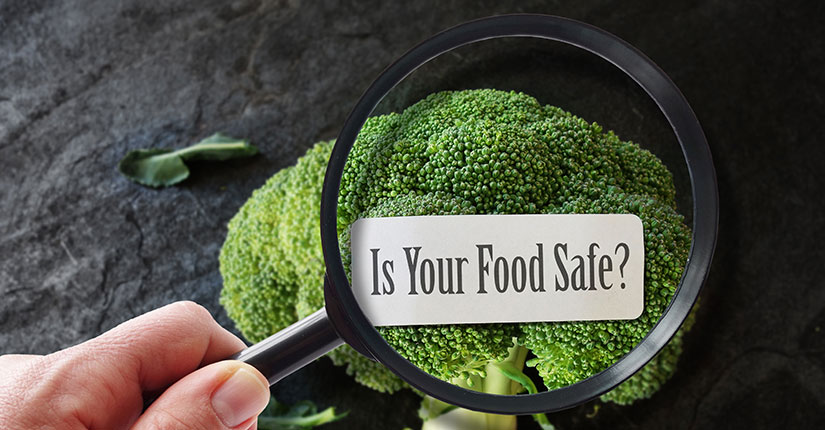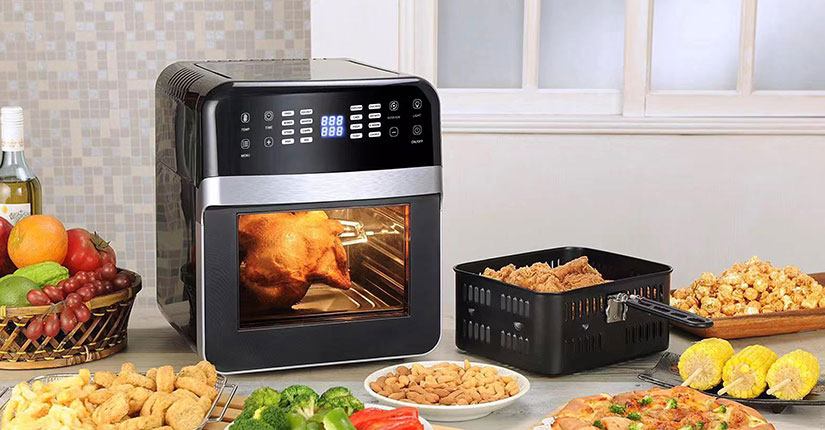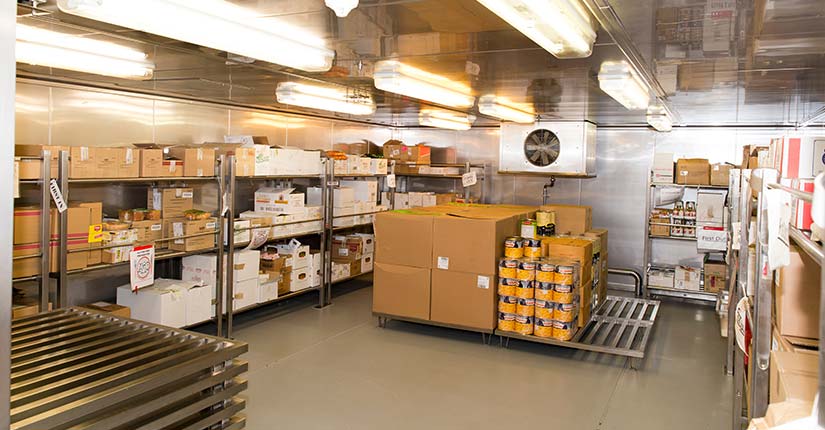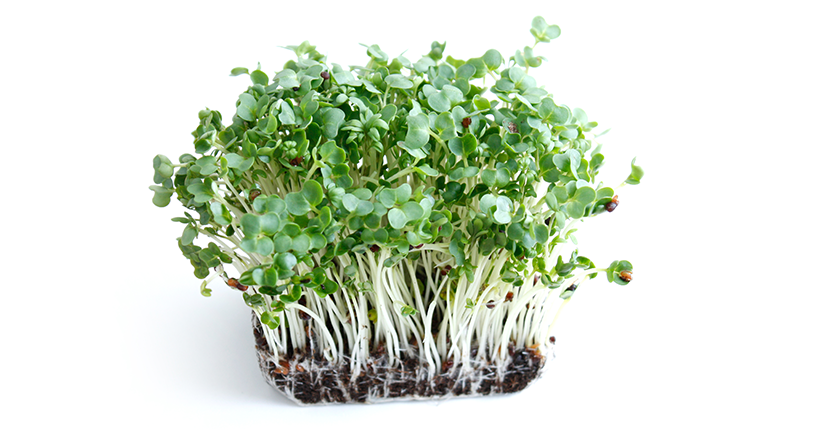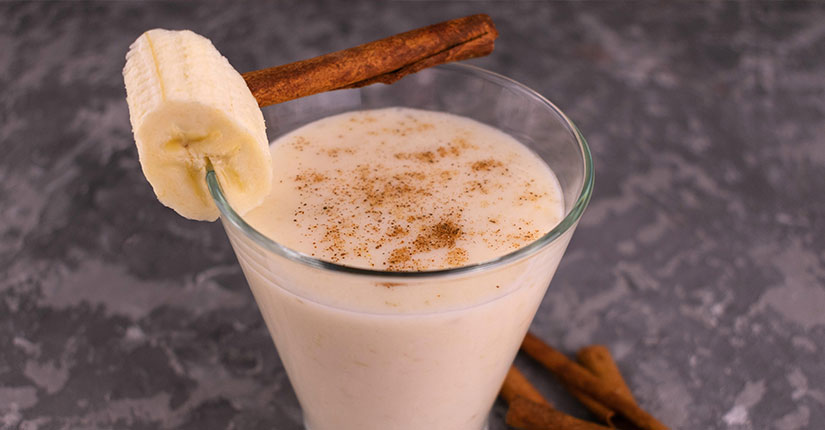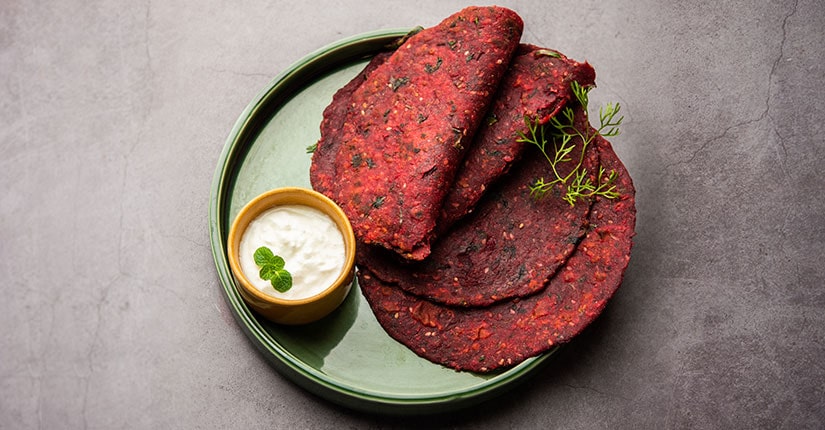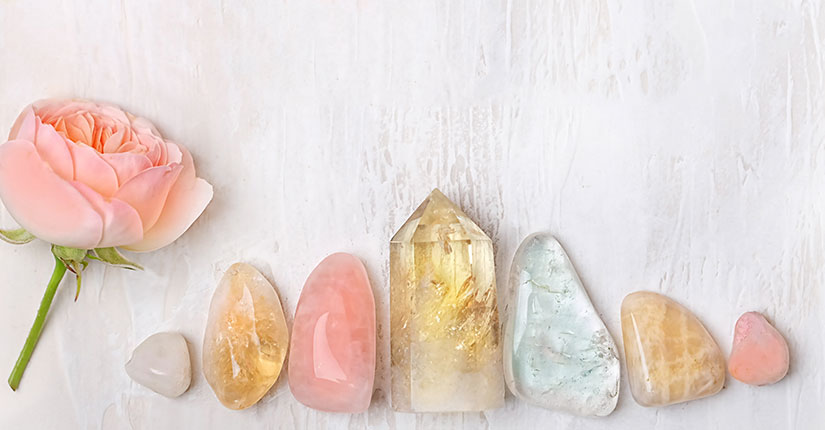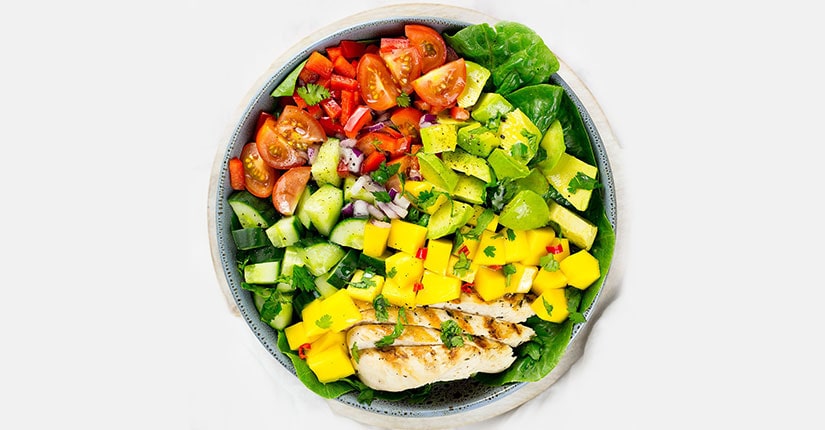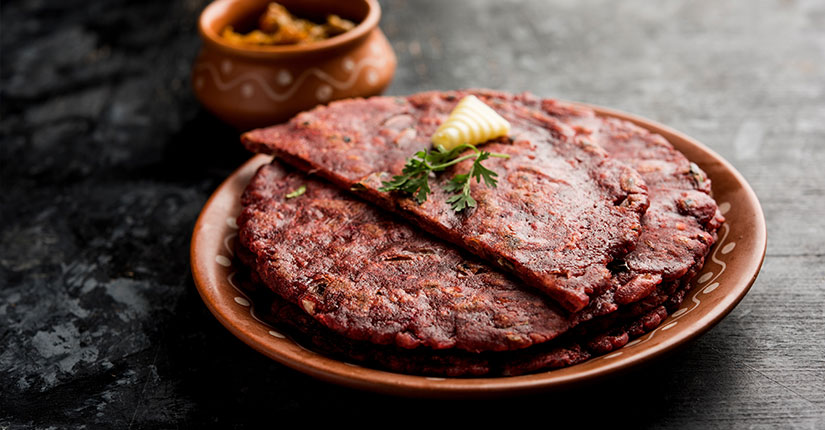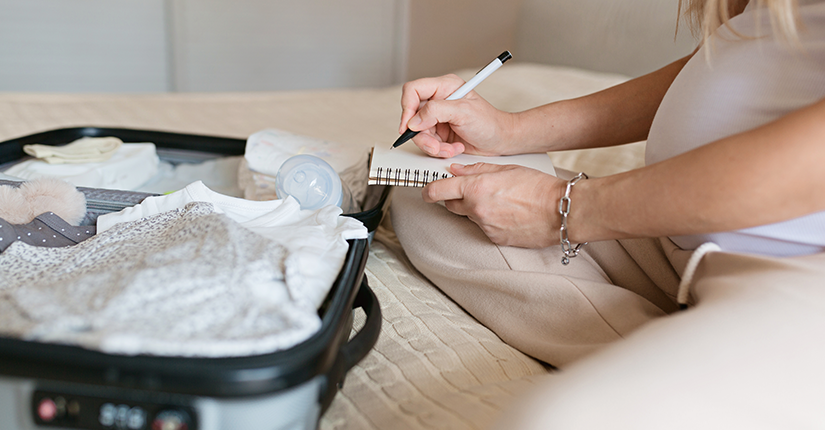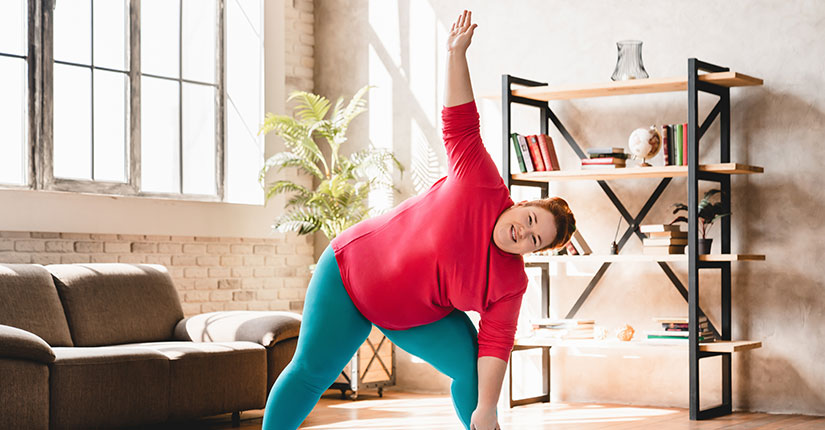Tips on Storage of Fruits & Vegetables
By Nmami Life Editorial 22-Jan 2021 Reading Time: 6 Mins
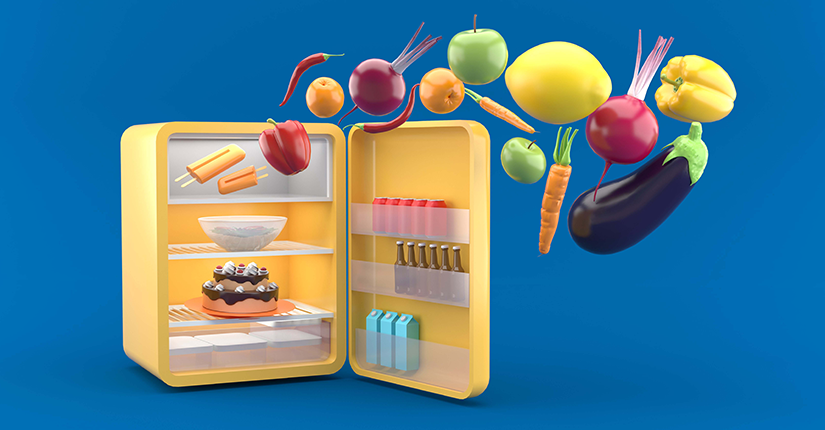
Introduction:
Storing fruits and vegetables correctly will keep them fresh and safe to consume. There are different ways of storing fruits and vegetables such as in the fridge, refrigerator, at room temperature, in a cool dry place, or freezing the food. The worst part comes when a person buys tons of fresh products but is unable to consume as it goes bad. Fruits and veggies must be stored separately as some fruits release ethylene gas that can spoil vegetables. A crisper drawer in the refrigerator will help protect the product and keep the moisture in to maintain freshness for longer.
Fruits and veggies must be cleaned before storage to avoid spoilage. When fruits and veggies are stored in a refrigerator, they produce condensation as they chill. Therefore, a paper towel when kept under the product helps in absorbing the excess moisture and therefore prevents spoilage. Before moving on to the storage, it is essential to know how to clean fruits and vegetables properly. Just rinsing fruits and vegetables with water or soda/ vinegar doesn’t remove all germs and pesticides.. Marico’s Veggie Clean is a scientifically proven formula and its 100% natural cleansing action removes 99.9% germs and pesticides from your fruits and vegetables, thereby making them 100% safe to consume.
The best way to store vegetables to keep them fresh longer
- The best way to keep the green veggies fresh for longer is to rinse them, dry in a salad spinner/ tissue, and then wrap them in a paper towel to refrigerate in a sealed container or a Ziploc bag. Veggies such as spinach, kale, lettuce greens, etc. can be stored in this way.
- Note- Always clean the veggies when brought home, even if they are prewashed.
- It is best to store the tomatoes at room temperatures away from sunlight to help them ripen evenly and then place them in the refrigerator.
- Note- Avoid buying overly ripened tomatoes.
- Mushrooms can be stored in a brown paper bag at room temperature away from sunlight and should be consumed within a few days after purchase.
- Potatoes, garlic, onions are best stored separately in a cool dry place away from sunlight with plenty of ventilation.
- Asparagus can be stored in the refrigerator by wrapping the stalks with a moist paper towel to keep them fresh.
- Cucumbers are to be kept in a crisp drawer over a paper towel as it absorbs excess moisture and avoids spoilage.
Best way to store fruits to keep them fresh longer
- Apples are stored best in the refrigerator as they tend to ripen faster when stored at room temperatures.
- Berries such as cherries or grapes are best stored in a Ziploc bag with small vents to keep them fresh longer by releasing moisture.
- Berries such as blackberries, blueberries can be stored in the freezer after cutting them down or if refrigerated must be kept in a sealed container.
- Some fruits such as plums, peaches, mangoes, or pears can ripen at room temperatures and then stored in a paper bag in the refrigerator for longer shelf life.
- Kiwi is stored at room temperature as it maximizes their flavor and sweetness till they ripen and then can be stored in a refrigerator to keep them fresh for a longer time
- Citrus fruits must be stored in the crisper drawer or a mesh bag in the refrigerator.
- Keep whole melons at room temperature. Cantaloupe can be stored at room temperature, but it will ripen quickly.
Over to you:
Fruits and vegetables play an important part in a well-balanced diet. Eating a well-balanced healthy diet rich in fruits and vegetables can help lower the risk of many health conditions. But if fruits are not handled properly they can become a source of food-borne pathogens. It is important to store the food properly to avoid throwing it out.


